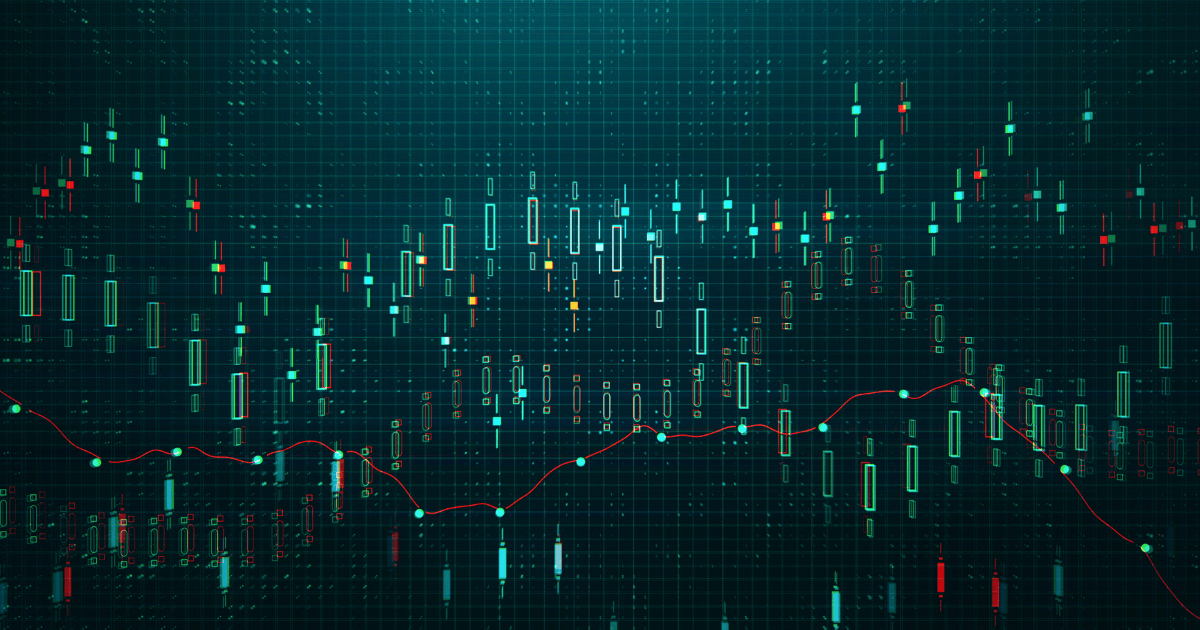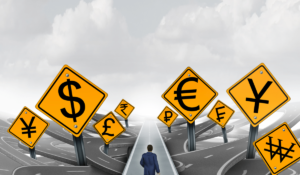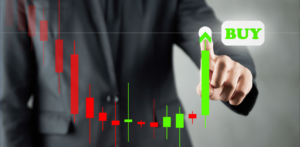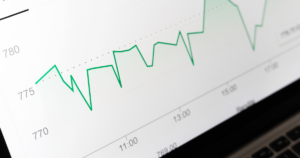Introduction
Forex trading, also known as foreign exchange trading, is a dynamic and global market where individuals and institutions exchange currencies to speculate on the fluctuations in exchange rates. In this comprehensive guide, we will delve into the various aspects of forex trading, including the role of forex brokers, different types of traders, trading strategies, and how to embark on a career as a forex trader.
1. What is Forex Trading?
Forex trading involves the buying and selling of currencies with the aim of profiting from fluctuations in exchange rates. The forex market is the largest financial market globally, with trillions of dollars traded daily. It operates 24 hours a day, five days a week, across different time zones, allowing participants from around the world to engage in currency trading.
2. The Difference Between a Forex Broker and a Forex Trader
Understanding the distinction between a forex broker and a forex trader is crucial. A forex broker is a financial institution or an online platform that facilitates currency trading by providing access to the market, executing trades, and offering various trading tools and services. On the other hand, a forex trader is an individual or entity that actively engages in buying and selling currencies to generate profits.
3. Categorizing Forex Traders
Forex traders can be categorized based on their experience, available capital, and the type of company they work for. These categories include retail traders, experienced traders, professional traders, and institutional traders. Retail traders are private individuals who trade with their own capital, while experienced traders possess a higher level of knowledge and risk management skills. Professional traders have significant capital and expertise, while institutional traders work for banks, investment funds, or multinational corporations.
4. Types of Forex Traders
There are various types of forex traders, each employing different trading strategies and time horizons. Some common types include forex scalper traders who aim to profit from small price movements, forex position traders who take long-term positions based on market trends, and forex day traders who open and close trades within a single trading day. Other types include forex swing traders, forex carry traders, forex hedging traders, forex algorithmic traders, and forex copy traders.
5. How to Become a Forex Trader
Becoming a successful forex trader requires careful preparation and continuous learning. Here are key steps to embark on a career in forex trading:
- Finding a reliable forex broker that suits your trading needs and offers a secure trading environment.
- Opening a forex trading account, which can be a demo account for practice or a live account for real trading.
- Educating yourself about the fundamentals of forex trading, including technical and fundamental analysis.
- Developing a trading strategy that aligns with your financial goals, risk tolerance, and trading style.
- Implementing effective risk management techniques to protect capital and minimize losses.
- Cultivating discipline, emotional control, and patience as essential psychological skills for successful trading.
6. Common Inquiries about Forex Trading
Aspiring forex traders often have common questions regarding the risks, profitability, and practical aspects of forex trading. Here are answers to some frequently asked questions:
- Is Forex Trading Risky?
- Forex trading involves risks, including the potential for financial losses. However, with proper education, risk management, and trading discipline, it is possible to mitigate risks and achieve consistent profitability.
- What Are the Best Currency Pairs to Trade?
- The choice of currency pairs depends on various factors, including market conditions, trading strategy, and personal preferences. Major currency pairs, such as EUR/USD and GBP/USD, are popular among traders due to their liquidity and tight spreads.
- How Much Capital Do I Need to Start Forex Trading?
- The capital required to start forex trading varies depending on individual circumstances and trading goals. It is recommended to start with a capital that allows for proper risk management and to cover trading costs.
- Can I Make a Living from Forex Trading?
- While it is possible to make a living from forex trading, it requires a combination of skill, knowledge, experience, and disciplined trading approach. It is important to have realistic expectations and to understand that consistent profitability takes time and effort.
- What Are the Main Risks in Forex Trading?
- Forextrading involves risks such as market volatility, leverage, economic events, and technological issues. Traders should be aware of these risks and implement risk management strategies to protect their capital.
- How Can I Improve My Forex Trading Skills?
- Continuous learning and practice are key to improving forex trading skills. Engaging in educational resources, attending webinars or seminars, analyzing market patterns, and keeping a trading journal can help traders enhance their skills and strategies.
7. Key Takeaways
- Forex trading involves buying and selling currencies to profit from exchange rate fluctuations.
- A forex broker facilitates trading by providing access to the market, while a forex trader actively engages in trading.
- Forex traders can be categorized as retail, experienced, professional, or institutional based on their experience, capital, and affiliations.
- Different types of forex traders employ various strategies and time horizons to trade currencies.
- Becoming a successful forex trader requires education, strategy development, risk management, and psychological discipline.
- Forex trading involves risks, and traders should have realistic expectations and implement effective risk management techniques.
- Continuous learning, practice, and self-evaluation are key to improving forex trading skills and achieving consistent profitability.
In conclusion, forex trading offers opportunities for individuals to participate in the global financial market and potentially generate profits. By understanding the fundamentals, learning from experienced traders, and continuously honing your skills, you can navigate the complexities of forex trading and work towards achieving your financial goals. Remember, success in forex trading comes with dedication, discipline, and a commitment to ongoing learning and improvement.








